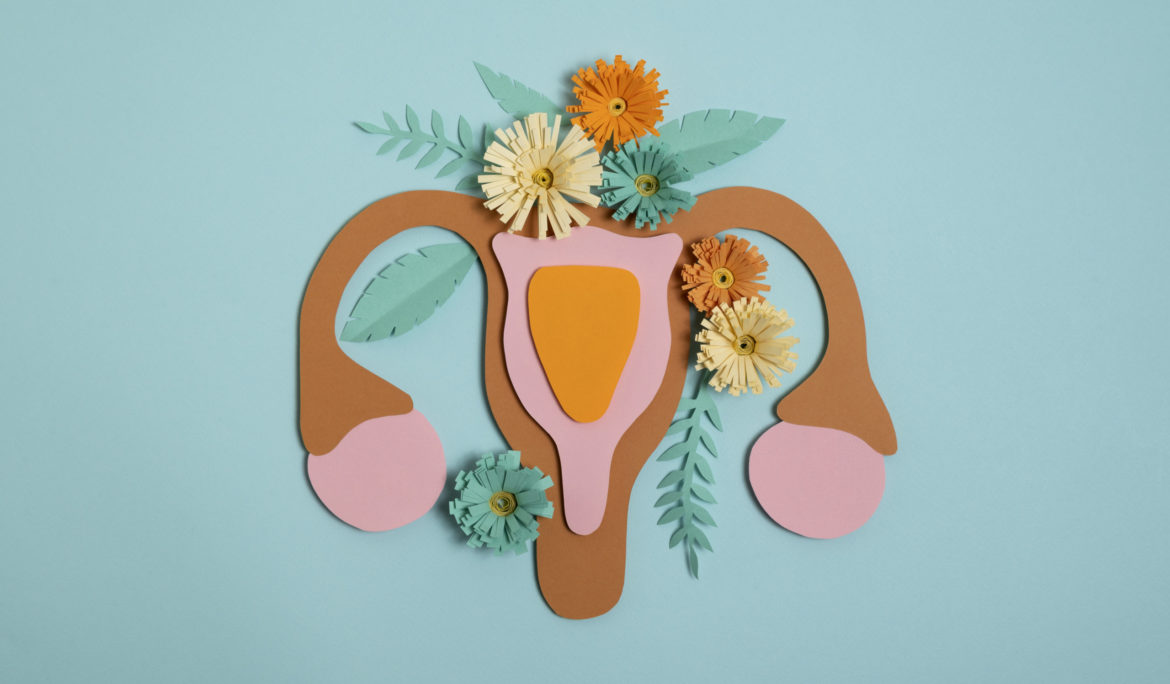The Role of Uterine Health in IVF Success: Tips for Preparation


In vitro fertilization (IVF) has become a popular option for couples struggling with infertility. It offers hope and a chance to conceive a child when other methods have failed. However, one crucial factor that often gets overlooked is the role of uterine health in IVF success. A healthy uterus is essential for the implantation and development of a fertilized embryo. If you are considering IVF, here are some tips for preparing your uterus to increase the chances of a successful outcome.
Schedule a Pre-IVF Uterine Evaluation
Before embarking on your IVF journey, it is crucial to schedule a pre-IVF uterine evaluation with your fertility specialist. This evaluation will assess the overall health of your uterus and identify any potential issues that may hinder implantation. The evaluation may include an ultrasound, hysteroscopy, or other diagnostic tests to evaluate the uterine lining, shape, and any abnormalities.
Address Any Uterine Abnormalities
If the pre-IVF uterine evaluation reveals any abnormalities, it is essential to address them before proceeding with IVF. Some common uterine abnormalities that can affect implantation include uterine fibroids, polyps, scar tissue, or a septum. Your fertility specialist may recommend surgical procedures such as hysteroscopic resection or myomectomy to correct these issues and improve the chances of successful implantation.
Optimize Uterine Lining
A thick and receptive uterine lining is vital for successful implantation. To optimize your uterine lining, your fertility specialist may prescribe medications such as estrogen and progesterone to help thicken the lining and create an ideal environment for implantation. It is crucial to closely follow your doctor’s instructions and attend all scheduled appointments to monitor the progress of your uterine lining.
Maintain a Healthy Lifestyle
Leading a healthy lifestyle is essential for overall fertility and uterine health. It is crucial to maintain a balanced diet, exercise regularly, and avoid smoking, excessive alcohol consumption, and illicit drugs. These lifestyle factors can negatively impact uterine health and decrease the chances of successful implantation. Additionally, managing stress levels through relaxation techniques such as yoga or meditation can also be beneficial.
Consider Uterine Receptivity Testing
Uterine receptivity testing can provide valuable insights into the optimal timing for embryo transfer. This test measures specific biomarkers in the uterine lining that indicate receptivity for implantation. By determining the ideal window of implantation, the chances of successful embryo implantation can be significantly improved. Discuss with your fertility specialist if uterine receptivity testing is appropriate for you.
Follow Post-IVF Care Instructions
After the embryo transfer, it is crucial to follow your fertility specialist’s post-IVF care instructions diligently. This may include bed rest or reduced physical activity for a certain period, avoiding certain foods or medications, and attending follow-up appointments. Following these instructions can help create a favorable environment for embryo implantation and increase the chances of a successful IVF outcome.
Which foods are good for uterus health?
Taking care of the uterus is important for those who are planning to conceive. Having a strong body and uterus can increase the chances of successful embryo implantation, and reduce the risk of miscarriage, preterm labor, and infertility. To maintain optimal health, it is recommended to engage in regular exercise and consume nutritious foods.
The table below provides a list of foods that are beneficial for a healthy uterus:
| Foods | Benefits |
| Fatty fishes | High level of omega-3 fatty acids |
| Oysters | Full of zinc |
| Eggs | Source of protein, Vitamin A, Vitamin B1, Vitamin B2, Vitamin D, calcium, and iron |
| Berries | Full of antioxidants |
| Tomatoes | Contain lycopene (antioxidant) |
| Soy milk | Good source of protein |
| Milk | Source of calcium |
| Spinach | High in folate |
| Legumes | Good source of protein |
| Whole grains | Excellent source of fiber |
| Lemons | Rich in Vitamin C |
| Fresh fruits | Rich in vitamin C and flavonoids |
Remember, every individual’s fertility journey is unique, and what works for one may not work for another. It is essential to consult with your fertility specialist to create a personalized plan tailored to your specific needs. By prioritizing uterine health and following these tips, you can increase your chances of a successful IVF journey and the realization of your dream of parenthood.
Our specialists are available to assist you at any time. Please feel free to contact us.



